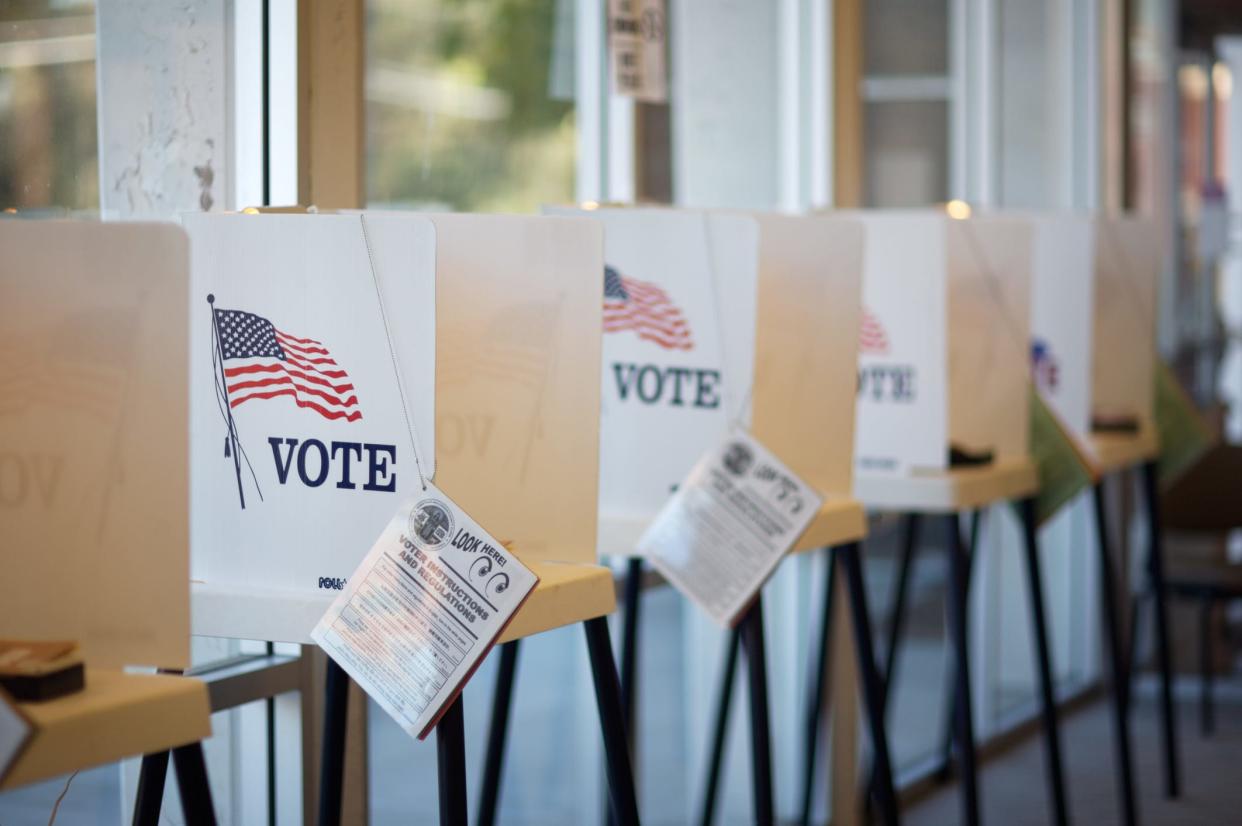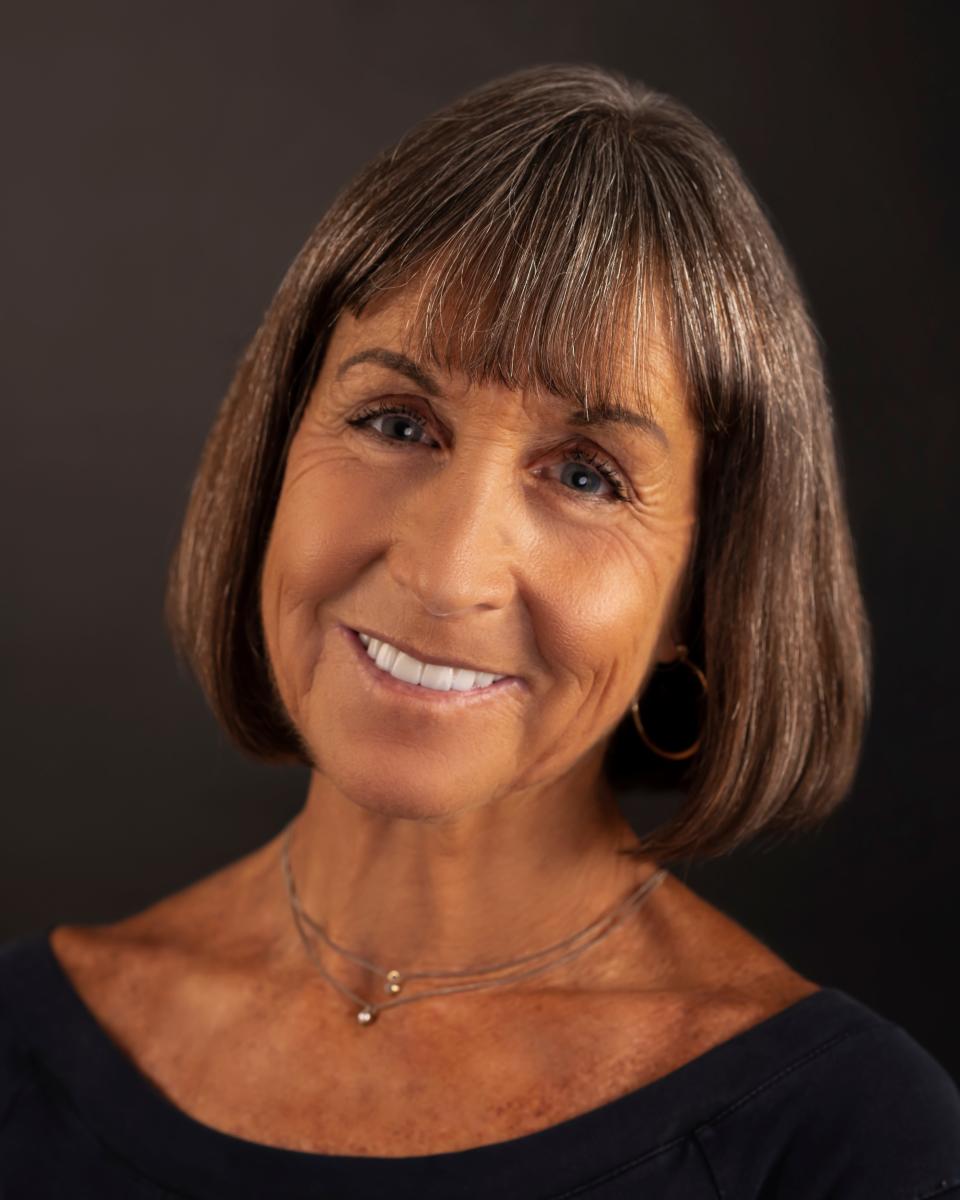Florida's primary voting system needs to change. Here's why it won't.

In early May I wrote a column advising voters of their right to change their party affiliation temporarily in order to be able to vote in August “closed” primaries for several controversial races, including a Sarasota County Commission seat and the Sarasota Memorial Hospital board.
Almost immediately I heard complaints – not from readers, but from party leaders, both Republican and Democrat. The Democrats said switching affiliations would reduce their party’s official reported numbers, thus impacting their funding, as well as undermine support for other Democratic candidates. Republicans charged me with encouraging voters to “game” the system which, if not illegal, was, they suggested, unethical.
As a columnist, you gotta love it when you’re getting equally whacked by people from across the political spectrum.
The hubbub over that column seemed mildly amusing when, about a month later, no less than seven people registered as write-in candidates, seeking to ensure that August primaries would remain open only to voters registered as Republicans. (If members of only one political party file to run for elected office, the primary is “universal,” or open to all eligible voters of any, or no, party affiliation. But if candidates from more than one party, or write-in candidates, file, the primaries become “closed” – meaning only registered voters from the party in question can vote, with winners moving on to a general election against candidates with other affiliations.)
Hope Williams, the 20-year-old daughter of Sarasota County Commission candidate Teresa Mast’s volunteer campaign coordinator, Traci Williams, registered as a write-in candidate just before the filing deadline, closing the primary for the seat being vacated by Commissioner Mike Moran, who is term limited.
The last-minute move will prevent more than 31,000 registered Democrat and non-affiliated party (NAP) voters from having any say in who will represent District 1 on the county commission for the next four years, Mast or her Republican opponent, Alexandra Coe.
Six other candidates filed as write-in candidates for four open hospital board seats just after current hospital board member Victor Rohe appeared at the ultra-conservative America First Southwest Florida Caucus meeting to warn that Democrats had been encouraged to drop out of the race in order to make the primaries “universal.”
“I felt like the RINOs (Republicans in Name Only) and the Democrats would like to be able to gang up on us and defeat us,” Rohe told Herald-Tribune reporter Earle Kimel.
This practice of closing out primaries with so-called “Mickey Mouse” candidates is common in Florida (and Sarasota) politics. In 2012, the 24-year-old daughter of Sarasota County GOP leader Jack Brill filed to run as a write-in candidate for supervisor of elections. Victoria Brill acknowledged that her purpose was to ensure the primary race between Kathy Dent and Jon Thaxton would only be open to Republican voters. As a result, more than 150,000 Democrats and NAP voters were shut out of the election process.
Florida is one of 14 states (and the District of Columbia) that conduct closed primaries; it has done so since 1913. And for just as long, those primaries have been prone to manipulation and disenfranchised NAPs, who make up about a quarter of the registered voters in the state.
In 2020, a ballot proposal to create open primaries statewide, the All Voters Vote Amendment, narrowly failed. In any other race, the 57% of voters who supported the amendment would represent a landslide, but it just missed the 60% threshold required for passage. If it had succeeded, the amendment would have permitted any registered voter to participate in any primary election, with the top two candidates from each contest continuing to a general election.

More: Karen Rose wants the credit for Sarasota's successful school year. She doesn't deserve it.
Seeing such a “jungle primary” as an uncivilized free for all – rather than a more genuine democratic process – party leaders hate this idea because it would discourage people from registering with a party and encourage them to become NAPs. They also objected to the possibility of strong candidates of the same party splitting the vote, thus opening the door for candidates from an opposing party to win.
Neither are they keen on other primary corrections, including closing the write-in candidate loophole.
When the state instituted the “universal primary” rule in 1993, it failed to bar these spoilers. Write-in candidates are never serious contenders. Since it costs nothing for them to register and their names do not appear on the November ballot, there is no barrier to entering and no real possibility of their election. Their sole intention is to disenfranchise voters of an opposing party. Yet both Republican and Democrat leaders seem to want to protect that option.
Another possibility would be to allow unaffiliated voters to choose which primaries they wish to vote in. Thus, if there was a primary with two candidates of the same party that represent very different platforms and perspectives – take that Mast/Coe contest for example – an NAP voter could simply ask for a Republican ballot and vote in that primary. This would likely also encourage voters to register without a party affiliation, so party leaders don’t favor it either.
Advocates say the best way to escape the two-party system, reduce the toxicity of campaigns and eliminate the dirty tricks of closed primaries is ranked choice voting. This method allows voters to cast a ballot for their first, second, third (and so on) choices. If a candidate gets more than 50% of the votes on the first ballot, that candidate is the winner; if not, the candidate with the least votes is eliminated and the count keeps getting rejiggered according to everyone’s subsequent choices until a majority winner emerges.
In 2007, Sarasota voted by an overwhelming 78% to adopt ranked choice voting for municipal elections. That vote was rendered moot for nearly a decade because the city didn’t have the equipment to make it possible. When it finally did, in 2016, it requested the required certification from the secretary of state to make it the first municipal entity in Florida to use the method. That request was refused based on then-Gov. Rick Scott’s administration’s interpretation of the state Constitution, forcing either a costly legal battle or an overwhelming grassroots movement.
Since then, even those avenues have been dashed. Why?
Remember that bill Gov. Ron DeSantis signed two years ago creating a police force to pursue voter fraud and other election crimes (though there was virtually no evidence of either)? Well, unbeknownst to many, but in keeping with the governor's increasing infringement on home rule, the bill also prohibited the use of ranked choice voting in any election within the state of Florida.
So despite the fact that a majority of voters in the state, and certainly in Sarasota, have voiced a clear preference for a more open primary system, Florida isn’t likely to change course anytime soon. Which means the manipulation and maneuvering that state party leaders seem to embrace will continue indefinitely.
Contact Carrie Seidman at carrie.seidman@gmail.com or 505-238-0392. Carrie will be on hiatus during the month of July; her column will return in August.
This article originally appeared on Sarasota Herald-Tribune: Florida's flawed primary voting system needs to be fixed

